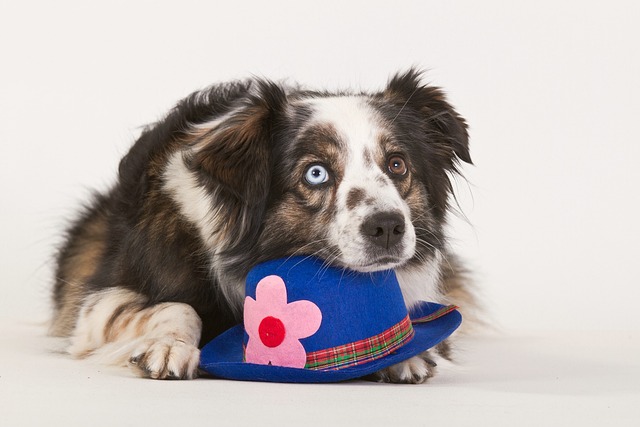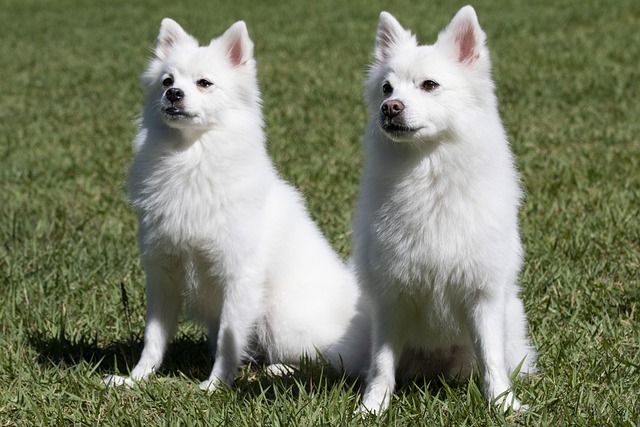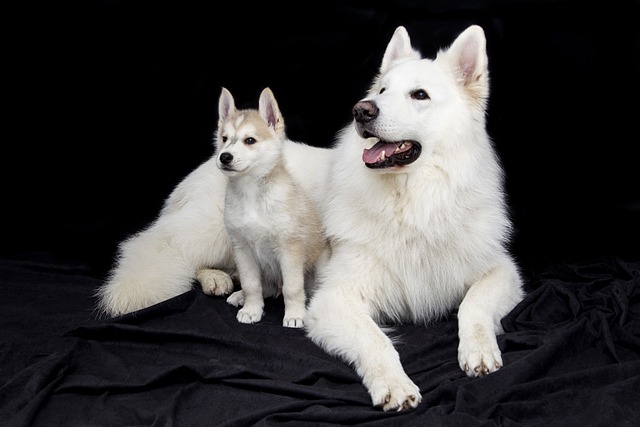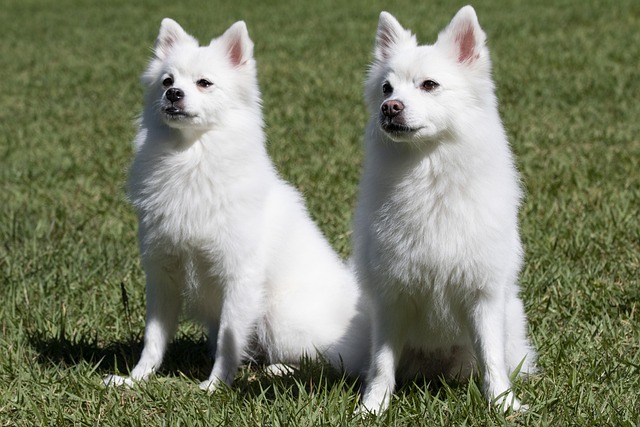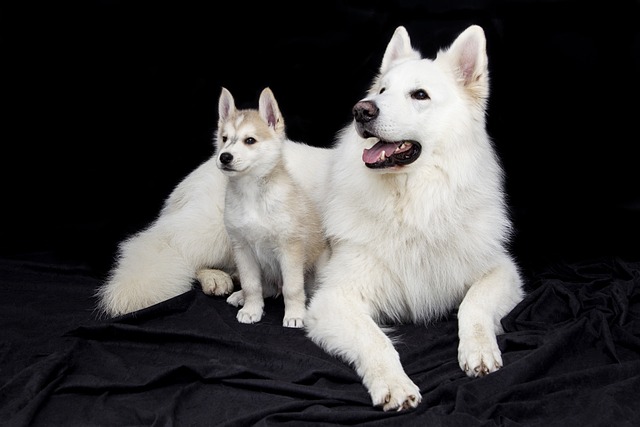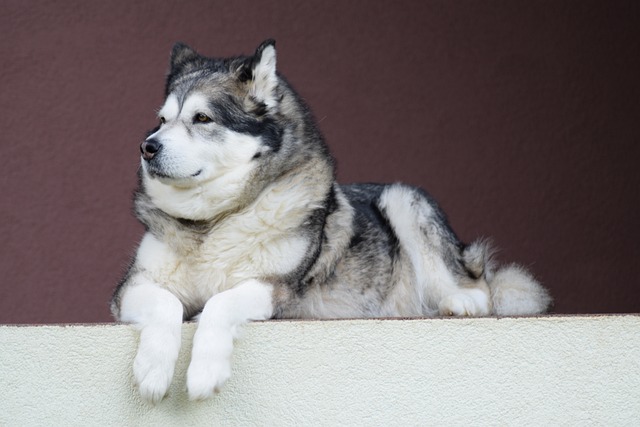Poodles are renowned for their intelligence and eagerness to learn, but unlocking their full potential requires the right training approach. Whether you aim to have a well - behaved companion at home or a show - stopping star, the training you choose matters—not just for your dog’s development, but also to meet local pet behavior and welfare standards.
Start with basic obedience training. Commands like “sit,” “stay,” “come,” and “heel” form the foundation of good behavior. Poodles pick up these cues quickly, but consistency is key. Use the same words and hand signals every time, and ensure everyone in the household enforces the rules. In many communities, having a dog that responds to basic commands is not just polite—it’s essential for maintaining public order and complying with leash laws.
Positive reinforcement stands out as the most effective training method for Poodles. These sensitive dogs thrive on praise, treats, and play. Whenever your Poodle follows a command correctly, reward them immediately. A small treat, a joyful “good dog,” or a quick game of fetch reinforces the behavior. Avoid punishment - based techniques, as they can damage your bond and may even violate animal welfare regulations in some areas.
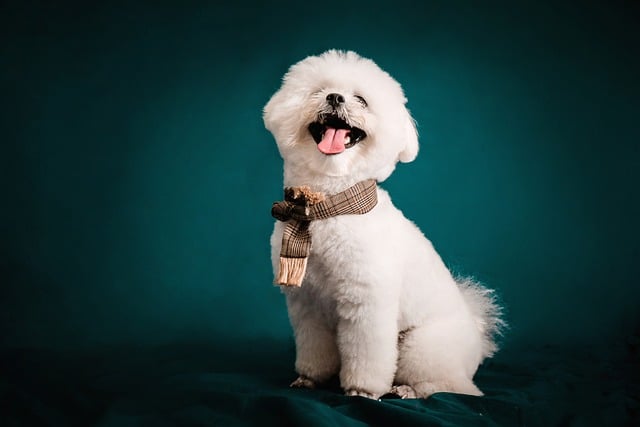
Socialization is crucial for Poodles. Expose them to different people, animals, sounds, and environments from a young age. Take them to dog parks, outdoor cafes, or pet - friendly stores. Positive early experiences help prevent fear and aggression. In regions where dogs are expected to interact calmly in public spaces, a well - socialized Poodle not only makes your outings more enjoyable but also adheres to community expectations.
Given their natural athleticism and intelligence, Poodles excel at advanced training like agility and obedience competitions. Teach them to jump through hoops, weave through poles, or perform complex tricks. Such activities provide mental and physical stimulation, keeping them happy and healthy. However, always ensure that training equipment is safe and used properly, as local regulations often govern pet training facilities and methods.
Mental stimulation through puzzle toys and scent work is equally important. Poodles love solving problems, and activities that challenge their minds prevent boredom and destructive behavior. Hiding treats around the house for them to find or using interactive food puzzles engages their natural instincts. This kind of training not only enriches their lives but also helps you fulfill your duty as a responsible pet owner to keep your dog mentally sharp.
Training a Poodle is a rewarding journey that combines patience, consistency, and positive interactions. By focusing on their unique traits, following local pet care guidelines, and choosing the right training methods, you’ll raise a well - rounded, well - behaved Poodle that’s a cherished member of your family and community.
